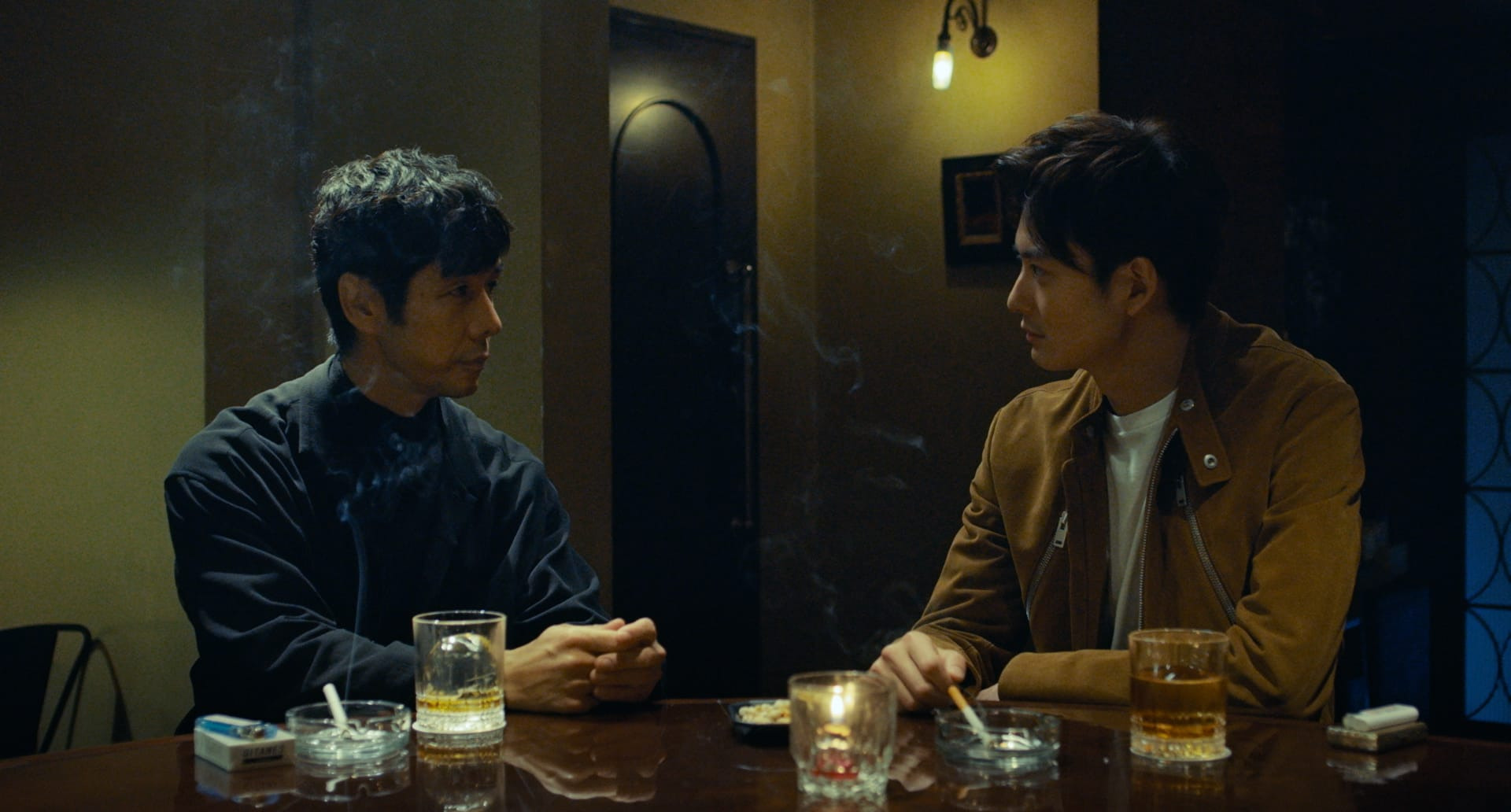RELATED ARTICLE
Drive My Car: Grace Notes

Share
Translation is a perilous endeavor, but Ryusuke Hamaguchi helps us understand. Throughout his film Drive My Car (2021), questions of comprehension flow from scene to scene—characters fumble for meaning onstage, over meals, across bar tops, and along highways. They grapple with marital fidelity, memory, and responsibility, reframing their worlds across the vast expanses of Tokyo, Hiroshima, and Hokkaido, Japan. But while the success of these endeavors varies—from ignored affairs to accidental murder—they continue to try, reaching toward one another as best they can. And this desire is as important as the words being spoken.
The film’s plot is a canvas for the cast to add texture upon texture to: Yusuke Kafuku (Hidetoshi Nishijima) is a director for the stage, acting in his own work and specializing in plays that are characterized by their multitudes of languages. He lives a seemingly peaceful life with his wife, a screenwriter named Oto (Reika Kirishima), gliding through the sleek and comfortable spaces of Tokyo’s entertainment industry and manicured apartments, while largely turning a blind eye to her infidelity. But it eats at him. And on the cusp of a change in their steady dynamic, the disruptions begin to emerge: Yusuke is diagnosed with glaucoma in his left eye after a car accident; he walks in on Oto with her actor lover; and before the pair can process their drifting relationship, Oto collapses suddenly, and alone, from a cerebral hemorrhage.
In the wake of these events, Yusuke travels across the country to direct his next play, a sprawling, multilingual adaptation of Anton Chekhov’s Uncle Vanya. In Hiroshima, he is informed by the theater festival’s organizers that he isn’t allowed to drive his Saab 900 Turbo while in residence there—instead, he’ll need to utilize the services of a young woman named Misaki Watari (Toko Miura). This is hardly warm news for Yusuke, and his relationship with Misaki begins as solely, and barely, transactional. In their early rides together, they share only what they feel is necessary. And yet the time they spend with each other increasingly develops into a mutual understanding, which in turn becomes an emotional connection.








